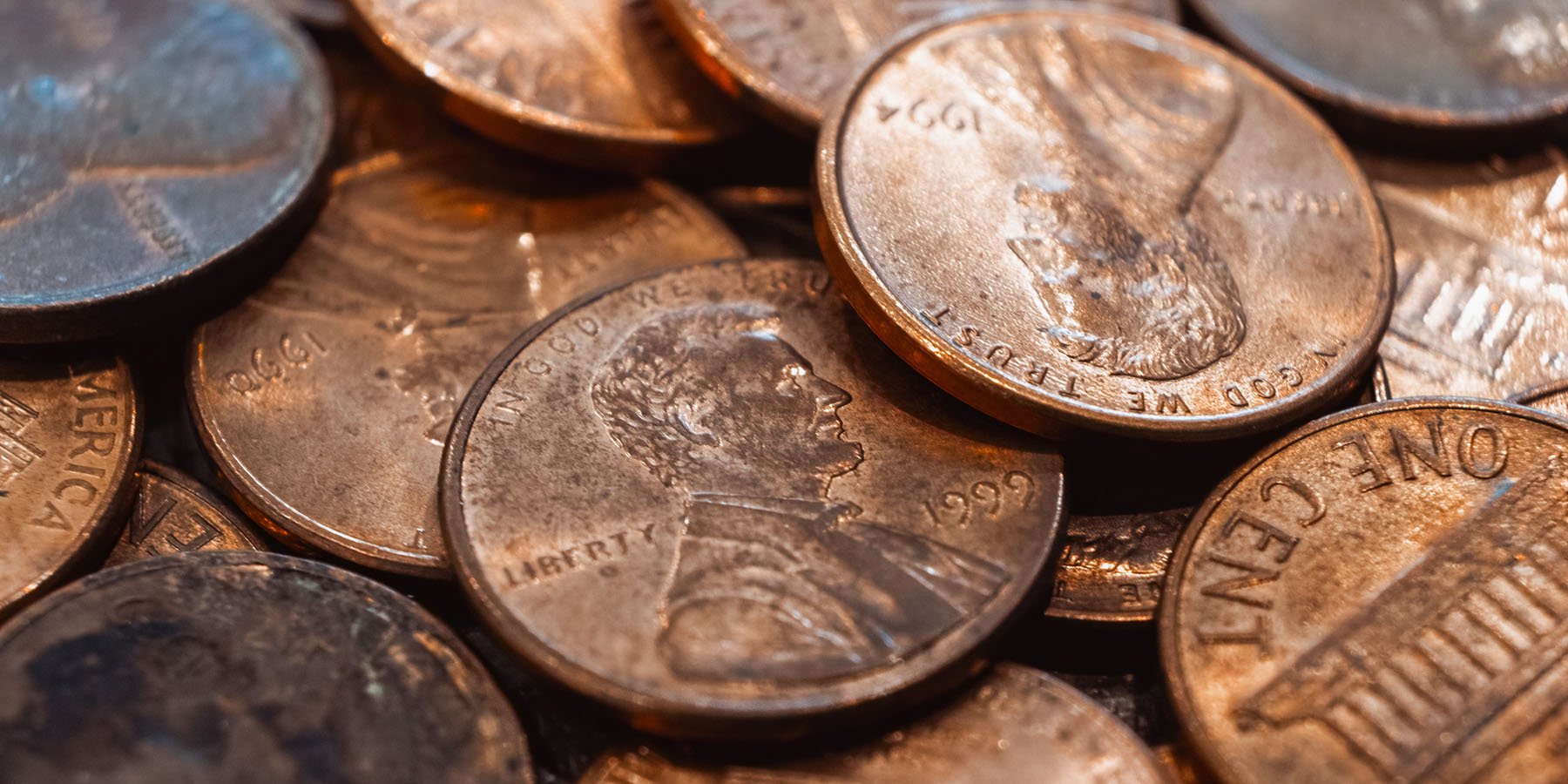The anticipation for one of the country’s most favored lotto games is on the rise as the Powerball prize has climbed past the $600 million threshold. With the upcoming draw set for Monday evening, countless participants throughout the United States are eager to obtain their tickets, dreaming of converting a modest stake into a transformative win. The swift growth of the jackpot has positioned it among the foremost in the game’s history, igniting excitement and discussions across the nation.
The Powerball lottery has long been a symbol of both chance and hope. Players pay only a few dollars for an opportunity to claim extraordinary wealth, with jackpots often reaching hundreds of millions of dollars. This most recent climb past $600 million underscores just how quickly the prize can grow when drawings pass without a grand prize winner. Each rollover adds tens of millions of dollars to the pot, capturing public attention and sparking dreams of what life could look like with such an immense financial windfall.
Although the odds of hitting such a jackpot are low, the enticing chance maintains a strong interest. Numerous participants view the Powerball not just as a wager but also as a source of enjoyment that sparks their creativity. The notion of purchasing a ticket and pondering possible outcomes is integral to the experience. For some individuals, the exhilaration stems from considering debt repayment, acquiring a new house, aiding relatives, or giving to meaningful charities. For others, it’s merely about savoring the excitement of being involved in something bigger than their own lives.
This surge in the jackpot has been attributed to a string of drawings with no top prize winners. Each drawing without a jackpot hit means that the prize carries over, attracting even more ticket buyers. The cycle of rollovers feeds into growing participation, creating a snowball effect that pushes the jackpot higher and higher. The $600 million milestone represents one of the most significant accumulations in recent months, signaling just how rare it is for no one to match the winning numbers over so many consecutive drawings.
For those who aren’t familiar with the game, Powerball involves picking five numbers from a set of 69 white balls, plus a single red Powerball number from a different set of 26. To secure the top prize, all six chosen numbers must align with the drawn numbers. Although the likelihood of achieving this is extremely low—approximately one in 292 million—the presence of smaller prize levels keeps many participants interested. Even if the massive jackpot remains out-of-reach, players still have opportunities to win rewards ranging from a few bucks to over a million dollars, depending on the numbers they match and any multipliers they decide to apply.
The allure of large lottery prizes goes beyond just the economic aspects. Researchers in sociology and economics have examined the role lotteries play in today’s culture. For many, buying a lottery ticket symbolizes hope during financial instability. It brings a small chance that fortunes can be reversed instantly, avoiding long periods of monetary hardship. On the other hand, opponents contend that lotteries tend to appeal more to people from lower-income backgrounds, leading them to invest considerable sums in pursuit of a highly unlikely result.
Although there are reservations, the allure of Powerball increases as the prize sum reaches levels that capture media attention. Retail outlets like convenience stores, grocery stores, and digital platforms experience significant increases in ticket purchases during these times. The collective enthusiasm sometimes becomes a communal event, where individuals discuss their “fortunate numbers,” workplace groups come together, and friends create agreements on how they would divide any potential winnings. The social aspect of a large jackpot adds an extra layer of interest to the occasion.
Experts often caution players to approach the lottery with realistic expectations. While dreaming is part of the fun, financial planners frequently advise treating lottery tickets as a form of entertainment rather than a reliable strategy for wealth building. For the small number of individuals who do manage to secure a jackpot, sudden wealth comes with its own challenges. Studies have shown that lottery winners can face unique financial and psychological hurdles, from managing newfound assets responsibly to coping with the dramatic changes in personal relationships that wealth can bring.
The logistics of claiming a jackpot of this size are also worth considering. Winners typically have the choice between receiving the prize as an annuity, paid in installments over three decades, or as a lump-sum cash payout that is significantly smaller but immediate. The decision often depends on financial goals, tax considerations, and long-term planning. Given the magnitude of the prize, both options represent life-altering sums of money that require careful decision-making with the guidance of financial professionals.
As the anticipation for Monday’s jackpot grows, numerous Americans are getting ready for the draw with a sense of thrill. As the jackpot amount increases, it captures more attention from both media and local communities. The temptation of $600 million—or perhaps an even larger amount if the prize remains unclaimed this time—ranks it among the biggest current jackpots worldwide. For lottery fans, this draw offers more than just a chance to win; it represents opportunity and potential on a grand level.
Lottery entities gain considerable advantages from increasing jackpots. Income from ticket purchases supports state projects and initiatives, frequently allocated to education, infrastructure, and community development. This dual role—providing entertainment for participants and generating income for public initiatives—helps maintain the enduring popularity of games such as Powerball. As the jackpot rises, the more substantial the resources that can be redirected into these critical areas, initiating a chain reaction of positive outcomes.
The widespread interest in enormous jackpots permeates popular media and daily discussions. Late-night talk show hosts, radio personalities, and social media users frequently engage in conversations and humor about potential winners, imaginary purchases, and how average individuals might handle an unexpected fortune. This shared intrigue transforms each lottery draw into an event of national curiosity, bridging diverse demographics and backgrounds.
While the odds remain unchanged regardless of how many people play, the increase in ticket sales as the jackpot rises only reinforces the universal appeal of the dream. The sight of long lines at convenience stores and the buzz of people checking their numbers afterward highlight just how deeply lottery culture is woven into American society. Even those who rarely purchase tickets often make exceptions when jackpots surpass certain milestones, drawn in by the allure of once-in-a-lifetime possibilities.
As Monday’s drawing nears, the country eagerly anticipates whether a fortunate person—or a group participating in a pool—will secure the remarkable prize. If no one claims the jackpot this time, the amount will increase once more, possibly setting new records. Every rollover adds to the excitement, guaranteeing that the Powerball stays a major part of American culture for the foreseeable future.
While the probability of hitting the winning numbers is vanishingly small, the journey of participating in the lottery is about more than just the financial prize. It represents hope, imagination, and the thrill of possibility. Whether or not the $600 million jackpot finds a new owner this Monday, the excitement it has generated illustrates the timeless human fascination with fortune and chance.



